Wye-Usk Transition Lab completes Phase One of a Regenerative Journey
When the then environment secretary Therese Coffey described the Wye as “unfavourable-declining” we at North Star Transition asked how we could make the Wye and Usk landscapes completely regenerative. Jo Jones relates the progress we made in the Wye-Usk Transition Lab in 2023.
As we rapidly approach the end of 2023, we are looking back on the journey of the Wye-Usk Transition Lab over the past nine months - a journey that began with a vision to transform landscapes, and a vision that is now taking hold in the landscape.
This transformational vision is rooted in the belief of the power of action that can be achieved with the collaborative efforts of ‘disconnected allies’ - stakeholders who do not jointly work on systemic challenges in ordinary circumstances. This thinking was of course inspired by our Wales Transition Lab model.
Origins of the Wye-Usk Transition Lab
Building on the ideas of Wales Transition Lab, we dared to ask a bold question: Can we apply Transition Lab thinking to transform an entire landscape to a place that is healthy, for the people, the environment and its inhabitants, and for the planet? Wales Transition Lab members proposed the catchments of the Wye and Usk rivers as a landscape that sorely needed this vision — they are some of the UK's most loved yet most polluted rivers.
Since March 2023, Wye-Usk Transition Lab has brought together stakeholders who all have a part to play in this landscape transformation. In parallel, North Star Transition is working with financial institutions with an underlying ambition of developing mechanisms to adequately fund these ambitious changes.
Why the Wye and Usk?
The catchments of the rivers Wye and Usk in Wales grapple with mounting environmental and social pressures. While both rivers are have legal designations that should protect them under UK law, the legal and regulatory systems have failed to safeguard the rivers. Pollution levels have dramatically increased in recent years, with agricultural runoff in particular, notoriously, from intensive poultry units (IPUs); as well as discharges from failing sewage infrastructure compromising water quality. Key species are threatened with extinction as the delicate river ecosystems come under increasing pressure.
The pollution problems are aggravated by other factors. Land use practices cause soil compaction leading to increased run off. The watercourses give connectivity not just for the wildlife that use the rivers but also for the problems that are generated – transporting not only pollution from the intensively farmed areas but also acidified waters from the forestry plantations of the upper catchment downstream. Climate change exacerbates the picture, leading to at times dramatically increased or decreased flow rates, and increased susceptibility to extreme weather events. Channel straightening and loss of traditional riparian management strategies intensifies the flood risk to vulnerable areas.
As if this is not a difficult enough menu of crises, we need to add in cross-border challenges. The Wye starts in Wales, winds into England, is sometimes the border between England and Wales, finds its way back into Wales before exiting into the sea in England. We may live in the United Kingdom, but the Wye finds itself in multiple jurisdictions. So we end up with a complex stakeholder landscape and the politicised nature of the issues means that taking cohesive action to safeguard the rivers is challenging.
Restoring the catchments of these two rivers presents a compelling, if daunting challenge – and what’s more, if we can enable meaningful action in this challenging landscape we can use this model to help areas across the UK, and further afield too.
So what did we do?
The first meeting of the Wye-Usk Transition Lab came together in March 2023, where we welcomed 46 participants from over 30 organisations. A testament to the passion for seeing recovery in these landscapes, we were encouraged and delighted by the support for these ideas. Facilitated by Kris de Meyer from UCL’s Climate Action Unit, we were heartened by the positive feedback – one participant described the session as "a masterpiece in how to run a large group zoom call."
In subsequent sessions in May, July and September, participants delved into the art of truly listening to one another. We shared existing work and new ideas aimed at addressing the crises within the Wye and Usk landscapes. Meanwhile, we continued to grow the network of stakeholders invited to participate, and succeeded in growing the membership, as well as attracting interest from public bodies, private organisations and NGOs alike.
During the four Transition Lab sessions, we asked questions about what action is already taking place, what else needs to happen, and who could be involved. In synthesizing and analysing results from the rich discussion, we were able to identify "golden nuggets" and "crowbar opportunities"—insights and leverage points gleaned from collaborative workshops that would shape the path forward. This initial exploratory phase of the Wye-Usk Transition Lab uncovered six critical action areas:
1. A Profitable Farming Model: Exploring the contours of a profitable and sustainable farm in the Wye-Usk region, delving into farm tenancy arrangements, soil health and envisioning council farms as beacons for a new farming model.
2. Income Diversification: We turn our focus to income generation from the land, beyond intensive poultry, with a spotlight on scaling up landscape-scale renewable energy projects.
3. Cleaning up the River: Reducing the nutrient input onto land and finding uses such as anaerobic digestion for litter and animal waste which does not end up in our rivers.
4. Transforming the Landscape: Tackling challenges in forestry, peat, water, flooding, soil health, and biodiversity to shape a healthy and sustainable landscape.
5. Healthy Outcomes: Bridging the gap in life expectancy between rural and urban areas, and addressing avoidable diseases like diabetes.
6. Sustainable Transport: Working to develop sustainable rural transport, including public transport and infrastructure development such as EV charging points.
Recognising that dialogue alone won't solve these challenges, North Star Transition is also working to raise the resources needed to enable investment at large-scale – the investment that will enable these challenges to be addressed head-on. We are working with a number of leading global financial institutions to develop a financial model that will enable them to invest in the landscape, while retaining ownership of the project in the hands of the local stakeholders. Our expectation is that the total bill for implementing transformational change will exceed a billion pound sterling.
Next steps
To take this work forward, North Star Transition is setting up sub-groups to the Lab to address how to take forward each of these challenges. We want these groups to be locally-led, leavened with expert input, in order to construct plans that are both transformational at scale, and investable. As we enter phase two of the Wye-Usk Transition Lab, we are extending an invitation to all participants in the landscape to join sub-groups under each of these six areas dedicated to developing investable transformation plans.
North Star Transition is not the expert in the room in any of the challenge areas that we think are critical to the future of the Wye-Usk landscape. But we are absolutely convinced that there is value in connecting those who are, weaving together expertise from diverse fields to achieve a collective vision greater than any individual effort. The success of this ambitious and transformative work hinges on the continued participation of all these actors, and as we come towards the end of this year we extend a very warm thank you to all who have been involved to date and continue to give their time.


